How to Become an Early Childhood Teacher in India: Step by Step Guide
Early childhood education is one of the most crucial stages in a child’s development, laying the foundation for lifelong learning. As awareness about quality early education grows, the demand for qualified early childhood Care in India has never been higher. If you are passionate about working with children and shaping young minds, this is an excellent career choice.
In this detailed guide, we’ll take you through how to become an early childhood teacher in India step by step – from educational qualifications to skills, career opportunities, and growth potential.
Who is an Early Childhood Teacher?
An early childhood teacher is an educator trained to teach children between the ages of 2 and 8 years. These teachers focus on cognitive, emotional, physical, and social development, helping children build language skills, problem-solving abilities, and social confidence.
Unlike traditional teaching, early childhood education emphasizes play-based, activity-oriented learning where teachers use storytelling, games, art, and music to make learning joyful and meaningful.
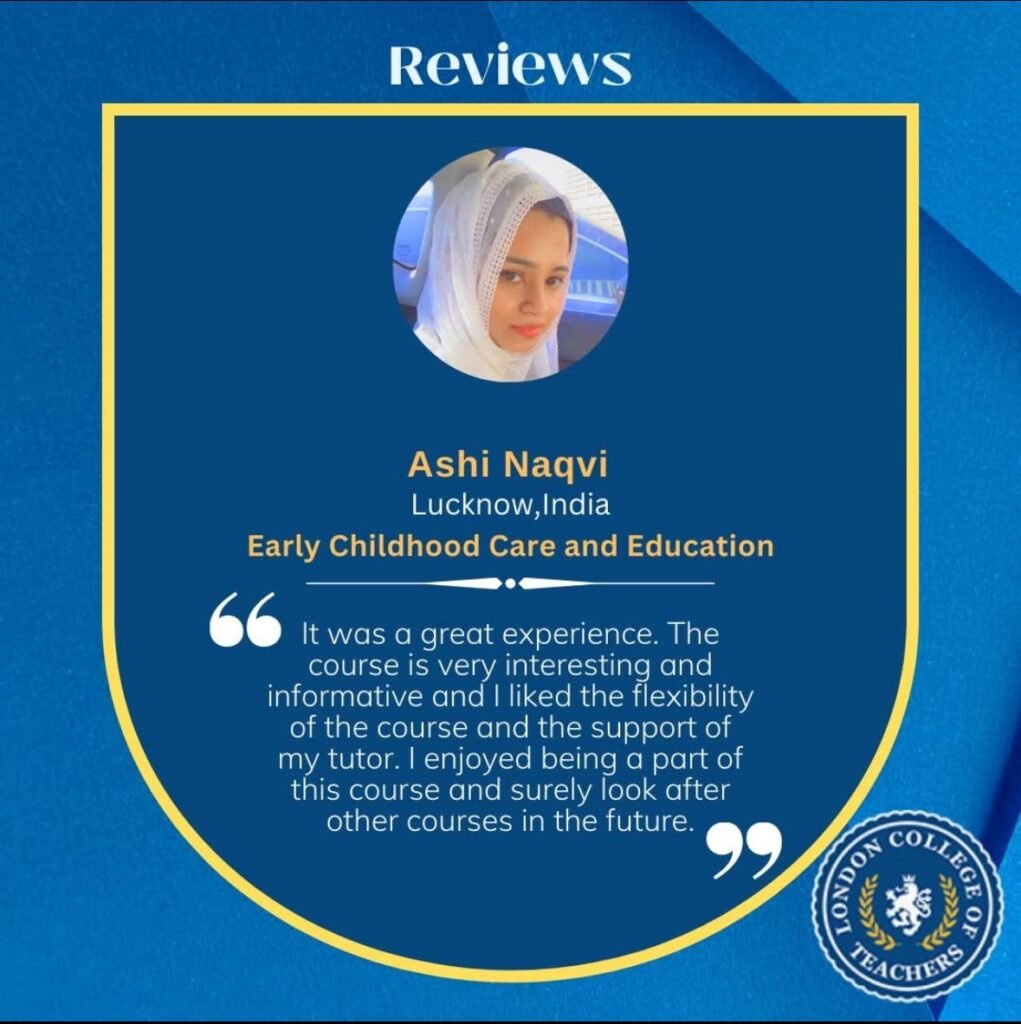
Step-by-Step Guide to Becoming an Early Childhood Teacher in India
Get the Right Education and Qualifications
The first step to becoming an early childhood teacher is to complete relevant training programs such as:
- Diploma in Early Childhood Care and Education (ECCE)
- Nursery Teacher Training (NTT)
- Diploma in Pre-Primary Teacher Training (PPTT)
You can explore globally recognized programs from www.londoncollegeofteachers.co.uk, which offer flexible online and offline courses to prepare you for international standards in early childhood education.
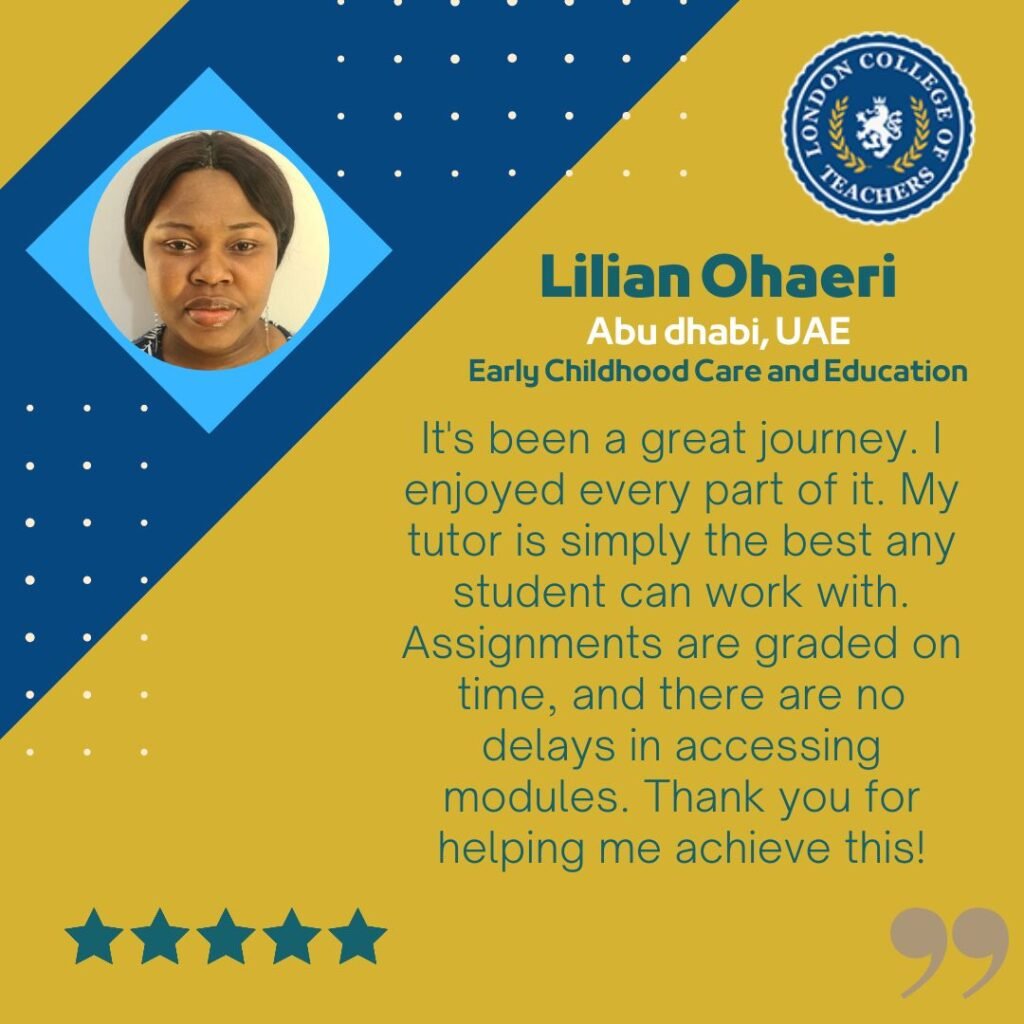
Develop Key Teaching Skills
Apart from academic qualifications, successful early childhood teachers possess certain skills:
- Patience and Empathy – Understanding children’s emotional needs.
- Creativity – Designing engaging, fun, and educational activities.
- Classroom Management – Handling young learners with care and discipline.
- Communication Skills – Effective interaction with children and parents.
- Observation and Assessment Skills – Tracking developmental milestones.
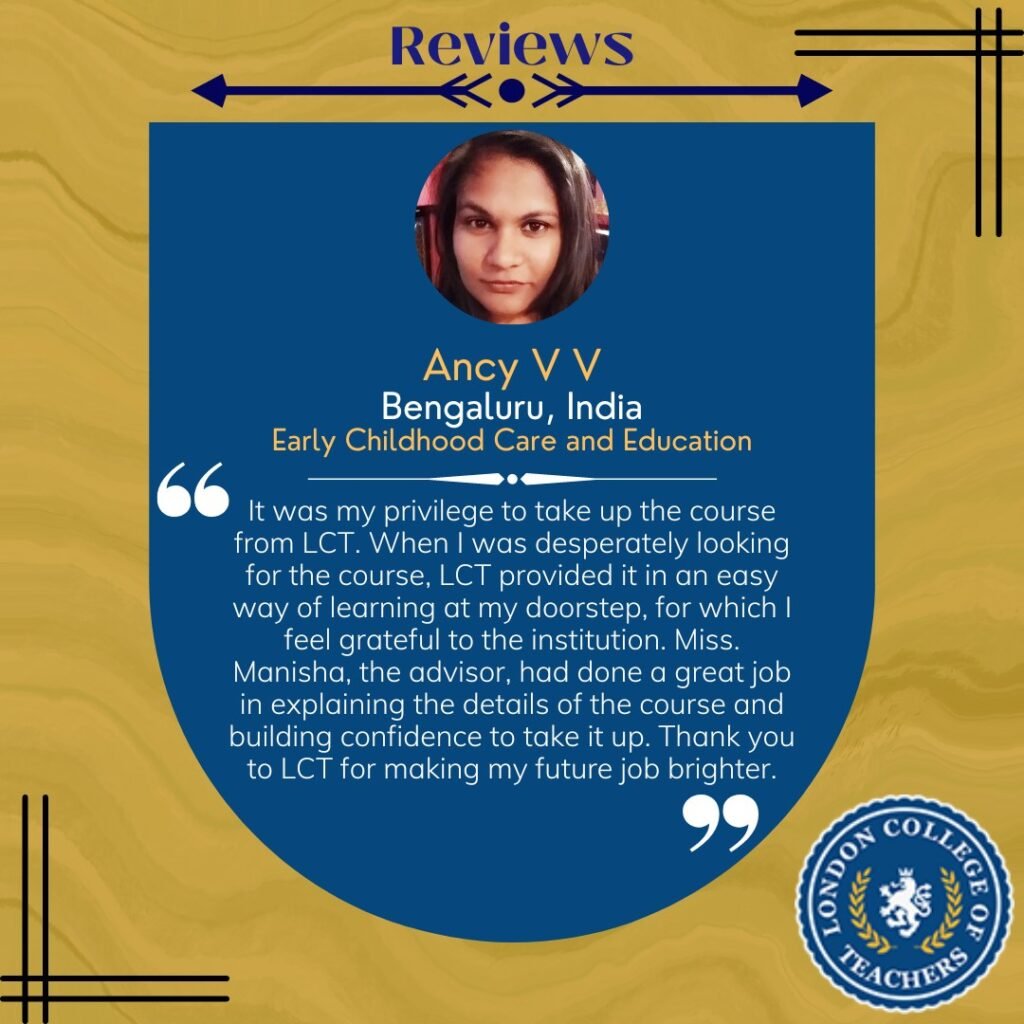
Gain Practical Experience
Hands-on experience is essential. Look for:
- Internships in preschools or day care centres.
- Volunteering opportunities to observe how trained teachers manage classrooms.
- Practical training modules included in ECCE or NTT courses that give real-world exposure.
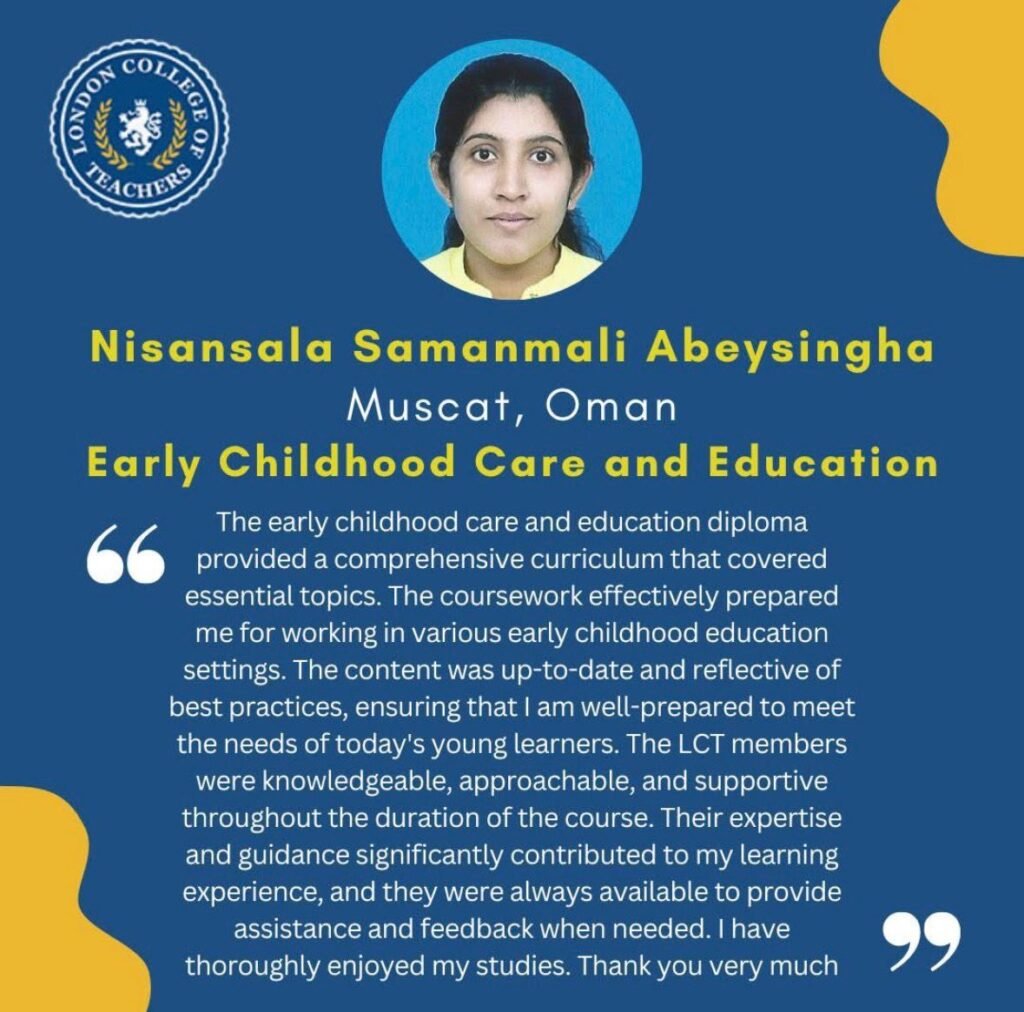
Understand Early Childhood Pedagogy
Learn about child development theories (Piaget, Montessori, Reggio Emilia approaches) and modern teaching methodologies. International teacher training programs like those offered by London College of Teachers provide exposure to global best practices.
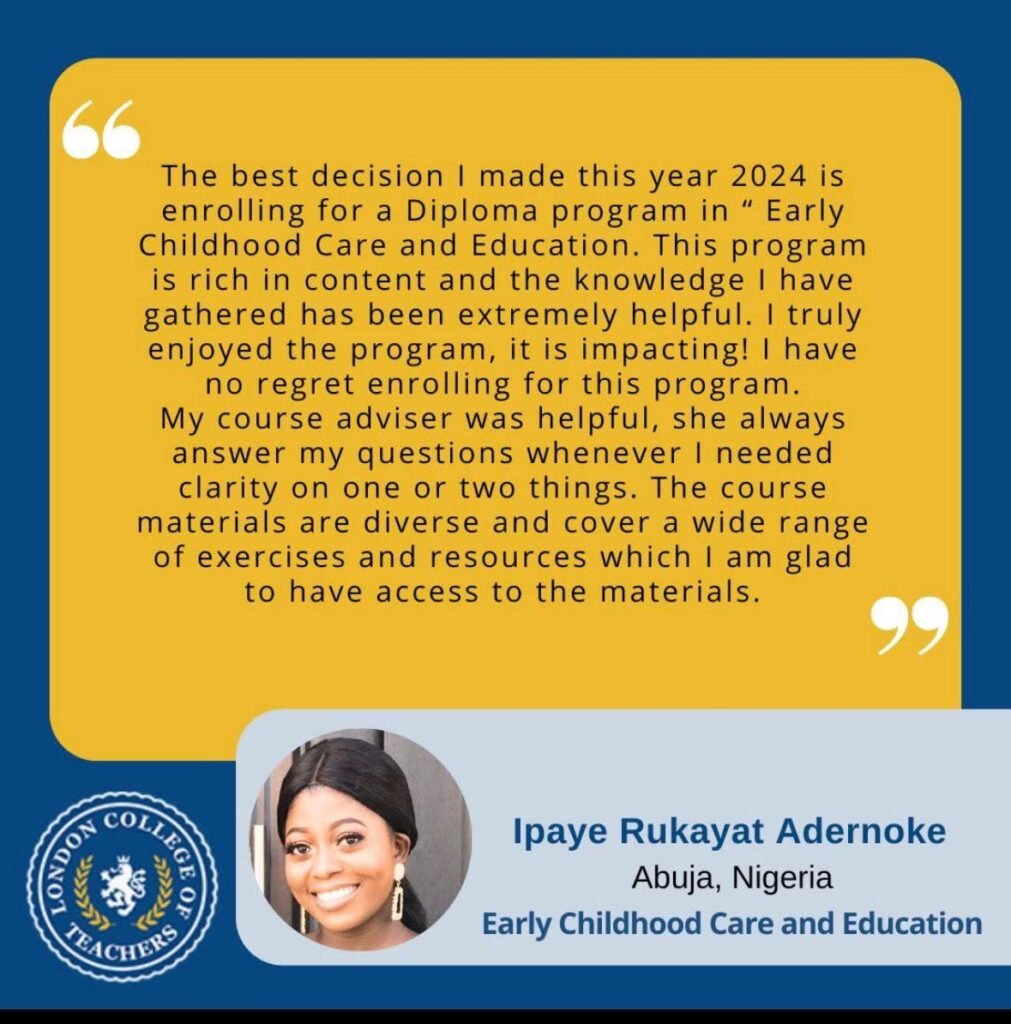
Get Certified & Stay Updated
Once trained, you can apply for teaching positions in:
- Pre-schools & Nursery Schools
- Kindergarten & Montessori Schools
- International Schools offering early years programs
Continue upgrading your skills through workshops, online training, and professional development courses to stay updated with the latest early childhood education trends.
Why Choose a Career in Early Childhood Teaching?
- High Demand: Parents are increasingly investing in early education, creating abundant job opportunities.
- Fulfilling Work: You get to shape the foundation of a child’s future.
- Flexibility: Options for part-time, full-time, and even online teaching roles.
- Global Opportunities: ECCE-trained teachers can work in schools across India and abroad.
- Continuous Growth: Opportunities to become curriculum planners, center heads, or trainers.
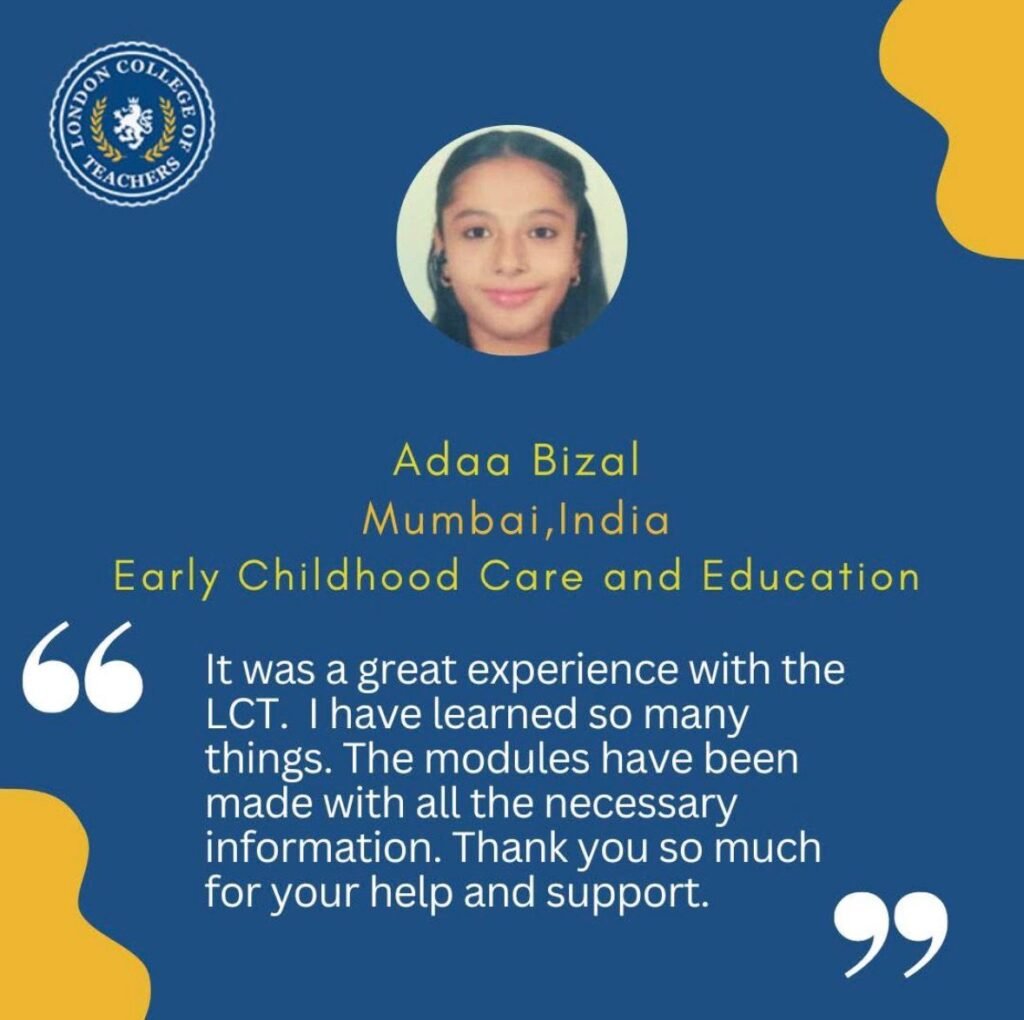
Career Opportunities and Salary
As an early childhood teacher, you can start as a nursery teacher and progress to:
- Senior Kindergarten Teacher
- Curriculum Designer
- Center Coordinator or Principal
- Teacher Trainer or Consultant
Average salary ranges between ₹2.5 – ₹5 LPA, with higher packages in international schools and metropolitan cities.
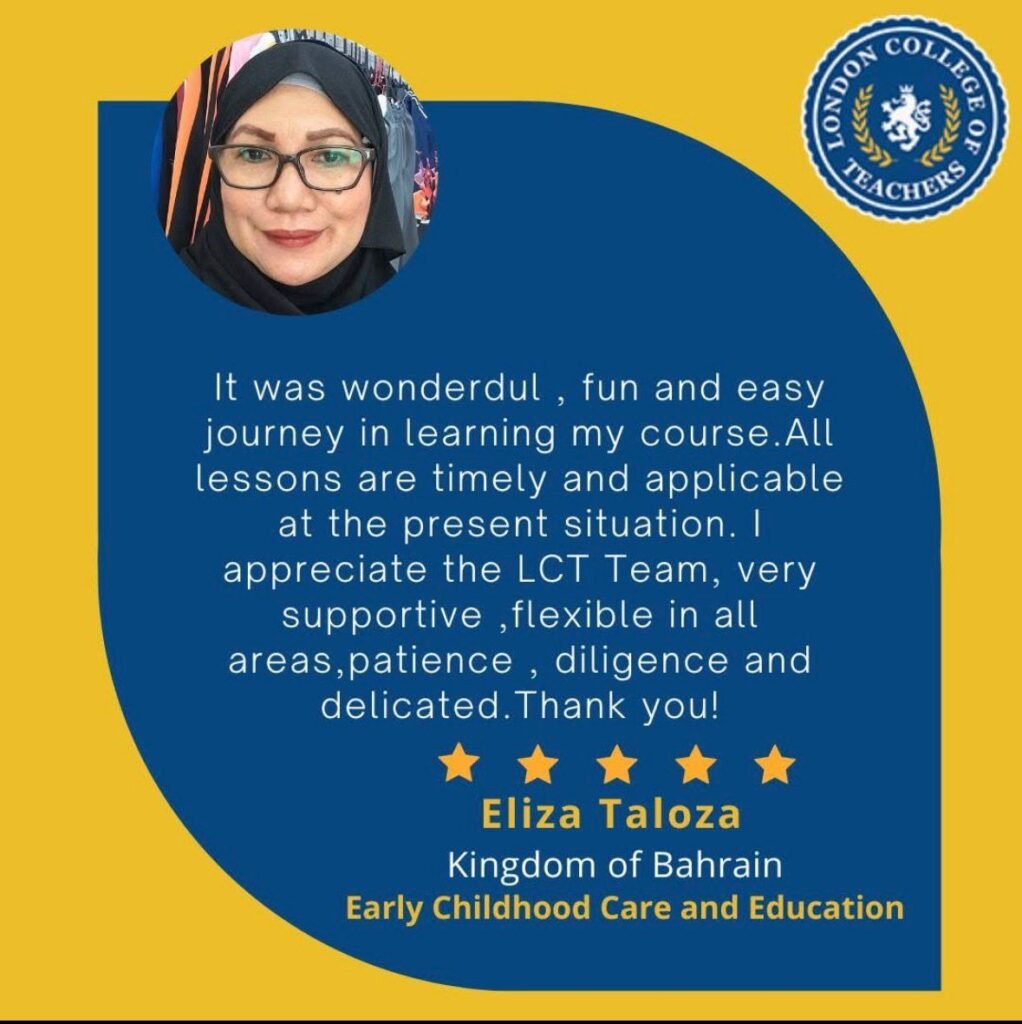
FAQs on Becoming an Early Childhood Teacher in India
- What qualifications do I need to become an early childhood teacher?
You need a Diploma in ECCE, NTT, or PPTT from a recognized institute. Additional certifications in Montessori or special education can boost your profile.
- Can I pursue ECCE training online?
Yes! Many institutes, including london college of teachers offer online training programs with practical assignments, making it convenient for working professionals.
- Do I need prior teaching experience?
No, most ECCE and NTT courses are designed for beginners. However, practical internships included in the program help you gain confidence before joining a school.
- What is the difference between ECCE and NTT?
ECCE is a broader program focusing on overall early childhood education (2-8 years), while NTT is specifically designed for teaching nursery (2-5 years) children.
- Can this career lead to international opportunities?
Yes, ECCE-trained teachers are in demand globally. With additional certifications like Montessori or IB PYP training, you can work in international schools abroad.
Call to Action
Ready to start your journey as an early childhood teacher? Enroll in an internationally recognized training program today at www.londoncollegeofteachers.co.uk and take the first step toward shaping bright young futures.


